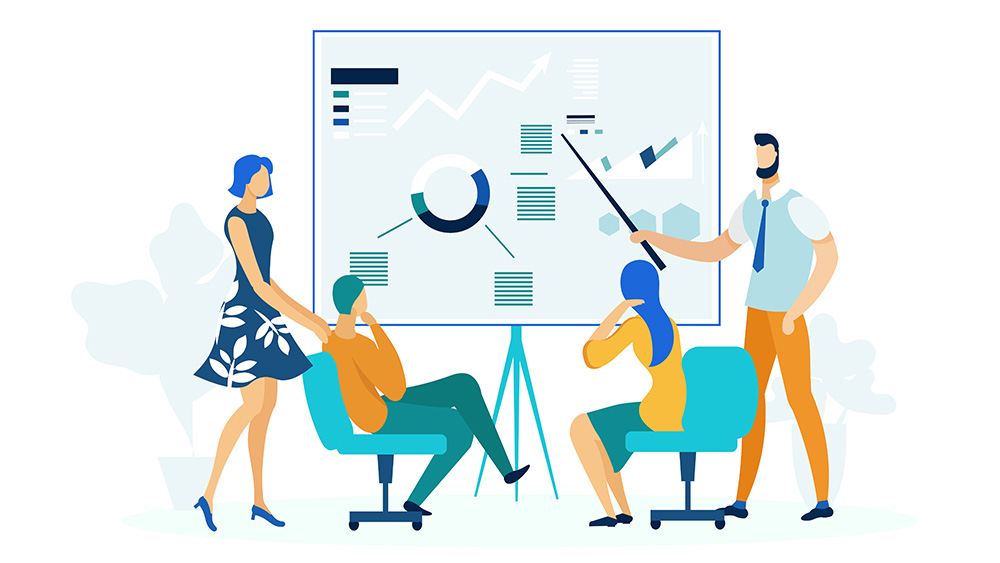




 02/12/2024
02/12/2024
Schedule your revisions, but make sure of two things. You get time off, and it's not very rigid. You can accommodate any medical condition or an unforeseen, unavoidable excursion by being a little flexible.
Revision is subject to the principle of diminishing returns, which states that at a certain point, each extra unit of input produces less output. Allow for breaks; for instance, revising for eight hours nonstop won't be as productive as splitting the work up into four two-hour sessions.
Timing is important according to IGCSE teachers in Gurgaon. If you want to revise for, say, five hours a day, get started early. If you start at 9:00 am and finish by 3:00 pm (with one hour for breaks), you will have the remainder of the day to yourself. It will be intimidating to think about continuing till 9.00 p.m. if you begin working at 3 p.m.
Enjoy a pleasant, tranquil workspace. For my part, I thought that Neighbours' revision was a little more interesting but still regrettably unsatisfactory.
Certain individuals find it easy to concentrate at a library, while others prefer working in an area or at a desk. Determine what suits you best. Just make sure you're comfy, have light, and enough space.
Everybody learns in a unique way. Rewording notes, creating "flash cards" for key concepts, reading aloud, reconstructing diagrams, and other techniques could all be helpful.
‘’A learner probably already knows what suits you well and what doesn't’’, according to IGCSE economics tutor in India. Furthermore, you're not likely to do well if you don't think the exercise will be helpful. Nottingham University provides an excellent revision guide.
Rewriting the Topic
It appears that you appreciate certain aspects of your IGCSE course more than others. Rewrite your micro first if you personally detest micro but adore econometrics.
Starting with your preferred topic will probably encourage you to cover it in greater detail by the moment you come to the topic that you detest.
Address your areas of weakness. Don't limit yourself to reviewing the material you already know; you will still need to study certain sections more than others. Pay attention to these as well.
When utilizing a model, make sure you comprehend the model, its assumptions, expected results, and so on.
When you revise, refer to previous papers. These will offer you a good indication of what to anticipate and, if you've reviewed previous years' papers, you might be able to identify some areas that appear frequently in the questions. Never rely only on these. Always keep a backup plan!
Give yourself the identical amount of time that you anticipate needing for a question of this nature on the exam. This can help you identify your strengths, areas for improvement, and things to concentrate on.
It is sometimes preferable to learn about subjects from several sources. Your understanding of the topic may grow as a result. It may be a little difficult to find alternative learning methods. I've included a link to a few helpful internet resources.
Information is the foundation of economics. For the duration of your degree, you will study both macro and micro. This implies that some topics will need further information.
It also indicates that there is subject overlap, which is common in economics. You may apply what you learned in one module to another just as easily. Apply what you've learned.
While you're taking the test
Economics relies heavily on diagrams. Though it's doubtful that they will need to be larger than a drawing, ensure that they are large enough—roughly one-third of a sheet of A4 paper would do. Nevertheless, based on your institution, this can be different. Consult your IGCSE economics tutor in Gurgaon first.
Make sure your graphs and illustrations are explained. Describe how they fit into the solution.
Arrange your response. Spend some time reading the question. Make a brief outline of the topics you wish to write regarding and follow it. When responding in the form of a brief essay, provide an introduction, a body, and a conclusion.
Go on if you are unable to respond to a question. Staring at an inquiry you don't comprehend will make you panic, but you can always come back and clarify it later.
A few extras...
Also Read:-
IGCSE economics, assessment, career significance and intriguing queries
Basics of the IGCSE Economics Exam in the view of an IGCSE economics tutor
Importance and Preparation: The view of an IGCSE economics teacher